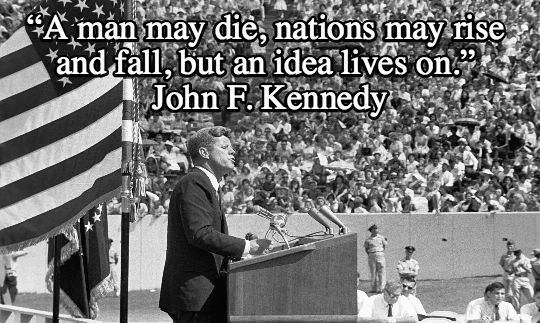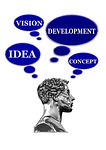What does equal educational opportunity mean to you? It is the American people’s answer to that question that should guide us. To take proper aim at fulfilling the Dream, we need a national vision. We have to see a realistic path forward and what has stood in the way of achieving the dream.
“Do America’s citizens understand that public policies have resulted in severely unequal and inadequate education, particularly for disadvantaged children?” Gary Ratner, Foreword to The Crucial Voice of the People
This is how one forgotten American, Edwin E. Slosson, explained equality.
“Equality, in the American sense of the word, is not an end but a beginning. It means that, so far as the state can do it, all children shall start in the race of life on an even line. The chief agency for this purpose is the public school system.”
But have we associated our educational shortcomings not with an “overall” poor system but with one that continues to have pockets of inequalities, big and small, that accumulate like so much sludge in an engine? Do we see unequal distribution of quality education as the problem?
Part of Martin Luther King’s Dream was about children getting a quality public school education no matter where they live, their skin color, or how poor. … I hope this issue still matters to people today.
So what does that dream look like?
Here’s what it looks like to me: Children from all walks of life enter classrooms where their teachers actions and words convey the expectation that each and every student can learn what’s needed for them to fulfill their own personal potential and pursue their own interests in life. The instruction children receive is not based on predictions biased by color, race, socioeconomic background, or standardized scores; but rather, quality education for all is based on twin expectations.
All students will be seen as capable and will be expected to do their personal best. And the public schools will provide challenging, stimulating, relevant learning opportunities that meet their student’s needs. That is how equal access to quality education is provided.
For children to be ready to make the most of the educational opportunity offered in this vision, the community must step up to meet the needs of disadvantaged children. Schools cannot fulfill their responsibility without parents and communities first fulfilling theirs. We need to define what having children “ready to learn” means.
The American people must provide answers.
Equality, governing by the consent of the governed, liberty and justice—these were our basic American values. Are they still?
Once upon a time, education law embodied our values. At this time —can we— will we define and secure equal educational opportunity? How else can we possibly fulfill our constitutional responsibility to resist aristocracy — “a ruling class” of any sorts — and instead establish rule through the consent of an enlightened people.
As John F. Kennedy explained it,
“Our present American education system was rounded on the principle that opportunity for education in this country should be available to all—not merely to those who have the ability to pay.”

Through the people he brought to D.C., JFK kept alive ideas that he didn’t live to see become law.
“Let us in education dream of an aristocracy of achievement arising out of a democracy of opportunity.” Thomas Jefferson


